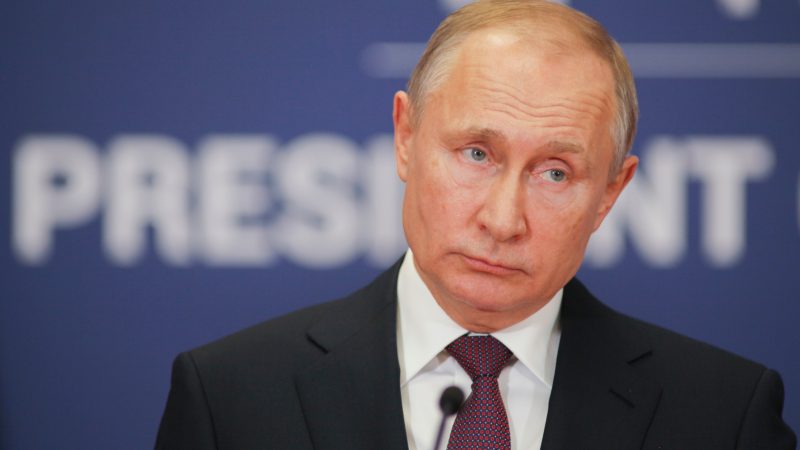
Syria taught us there is no apparent limit to Vladimir Putin’s barbarity. Illegal attacks on Ukrainian civilians are increasing, with reports of cluster munitions being used by Russia in Kharkiv, Ukraine’s second biggest city. Cluster bombs randomly scatter submunitions over a wide area, killing and maiming people in unspeakable ways.
In response to the conflict, it has been welcome to see Labour take such a clear and supportive line on the importance of a united NATO, on strengthening sanctions, on offering sanctuary to refugees, and on supplying the Ukrainian armed forces. On the latter, it is essential the UK and our allies work to ensure the donated military equipment does not just build up in an aircraft hangar in Poland, as RUSI’s Jack Watling has warned, but gets into Ukraine.
But as Putin’s war crimes mount up, it is essential the UK and our allies are prepared both organisationally and politically for a new phase of the conflict. Even if he holds back from the brutality we’ve seen in Aleppo or Grozny, sieges that encircle and isolate Ukraine’s cities will cause immense harm to civilians as food, fuel and medical supplies run out. What has so far been a military and geopolitical conversation may shift rapidly into being a humanitarian conversation.
We are concerned that the current framing of the conflict assumes that only Putin has the right to intervene in any way in Ukraine, and not the nations that the democratically elected government of Ukraine is asking for support. It is reasonable to be concerned that actions taken by NATO or the EU would be met by potentially unmanageable escalation from Putin. At the same time, we shouldn’t cede the initiative to Putin and in doing so become unable to exercise our humanitarian responsibilities, as has been the case in Syria.
Any approach should be informed by the requests coming from the Ukrainian government, but we need to make sure that we are organisationally, diplomatically, militarily, and politically ready to respond in a meaningful way to a humanitarian catastrophe.
Organisationally, that means governments starting to plan for all eventualities, whether that is handing over aid to Ukrainian counterparts at the border or exploring options for the protection of more direct delivery of aid in-country, such as air and ground corridors.
Diplomatically, it means preparing permissions and structures for operations that might deliver aid. The obvious starting point for this is that Ukraine’s sovereign government has asked for assistance, but we should explore UN and other legitimate avenues.
Militarily, the government should be planning for what roles the armed forces can play in the delivery of, and protection of the delivery of, aid to besieged areas or to parts of Ukraine not under direct Russian occupation.
Politically, it means delivering the message that Putin cannot have a veto over what aid reaches the people of Ukraine and that he doesn’t have an exclusive right to intervene in his crisis in Ukraine.
News of atrocities, increasing flows of refugees and shortages of food in besieged cities may turn existing assumptions about what the public will support on its head. Add to that the growing stature and popular appeal of President Volodymyr Zelensky, we may find more and more voices asking why we do not have a plan to help.




More from LabourList
Supreme Court trans ruling: Ban on CLPs and branches backing ‘unlawful position’
‘How we can build a strong political centre and centre-left’
‘Building the UK’s best network: delivering digital opportunity for every community’